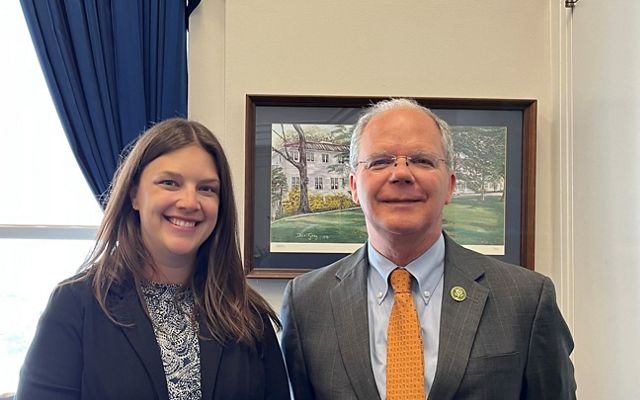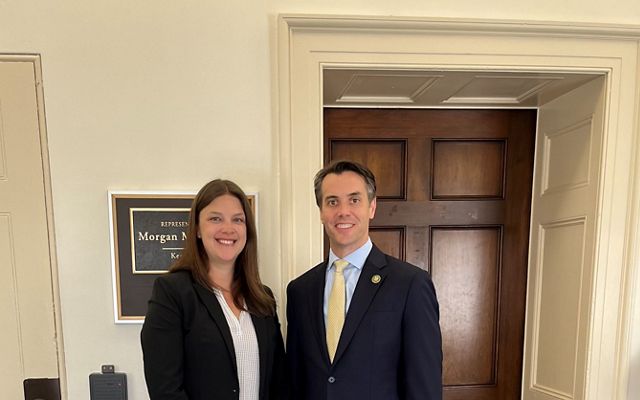Conservation Funding for the Future
Hear from Heather Jeffs, our Director of External Affairs, about new investments ensuring nature remains the foundation of a healthy commonwealth.
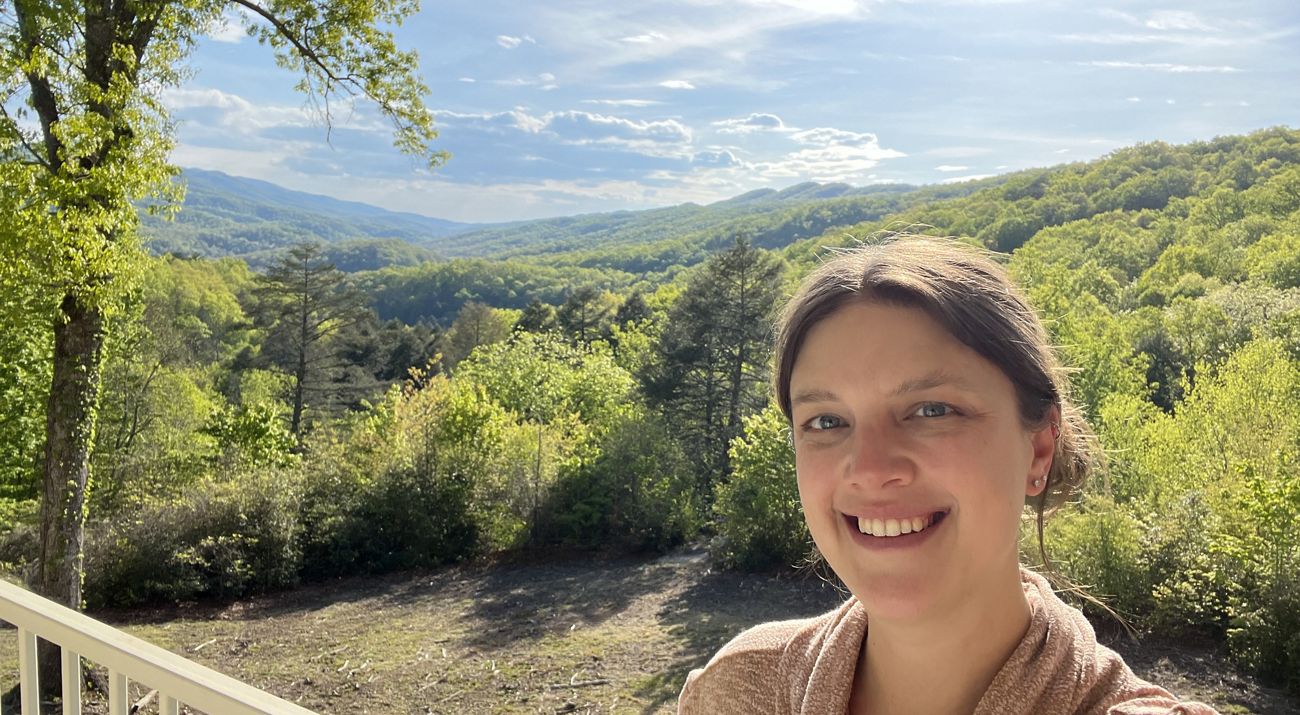
Meet our Director of External Affairs, Heather Jeffs. She works with policy makers to ensure Kentucky conservation is a legislative priority Discover her work to convene stakeholders to secure transformative funding for nature.
Why is state conservation funding so important?
Conservation funding protects lands and waters, which are fundamental to supporting a dynamic economy. This includes promoting outdoor recreation, tourism, agriculture, bourbon and other industries. Conserving land and clean water is also key to attracting businesses to create jobs. Healthy communities draw workers and families who value access to varied outdoor recreation opportunities.
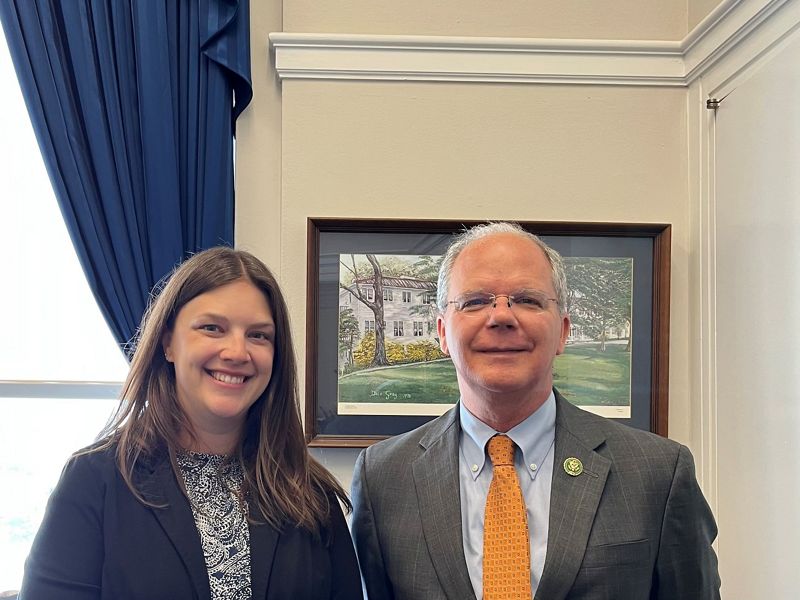
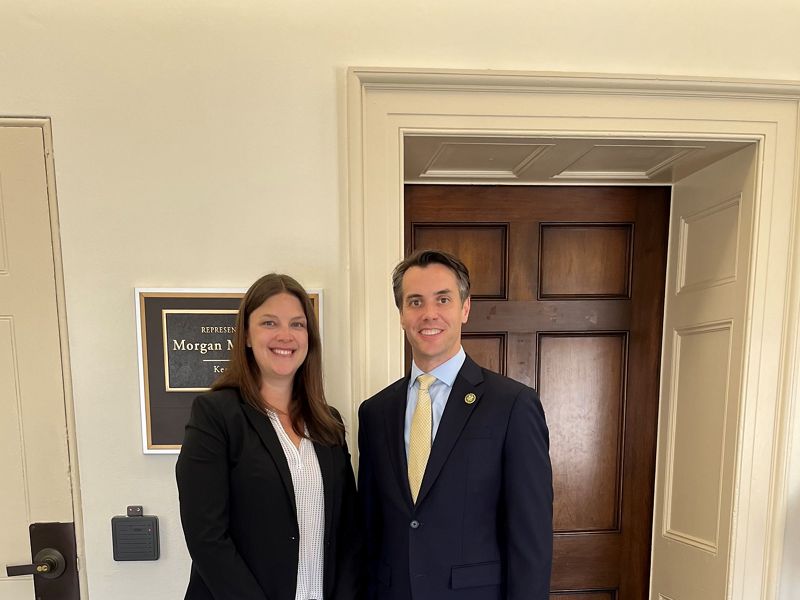
What are the challenges facing Kentucky?
We have amazing natural resources in our farmland, forests and waterways. Unfortunately, our state is losing natural and working lands at an alarming rate, and without significant state investment in conservation, this trend will continue. For too long, the Commonwealth has lagged behind virtually all of its peer states when it comes to public funding for conservation.




What can be done to reverse this trend?
Strengthening investments will take time, partnership and action at all levels—from individual landowners to communities to government agencies. But recent decisions from the Kentucky General Assembly show a growing recognition that conserving natural and historic treasures is not just a “nice to have,” but essential to long-term prosperity.
Learn More
Read more about how increased funding for conservation could bolster Kentucky's economy and support communities.
How can we build upon this momentum?
TNC is convening a coalition to secure increased and dedicated state funding for conservation. Together, we’re studying options that have proven successful in other states. Generally, similar initiatives reallocate existing sources of income – such as using a percentage of the sales tax on outdoor products like kayaks, camping equipment and fishing tackle – to fund conservation. Dedicated funding leads to increased efficiency and the ability to better secure matching funds. That means more and healthier places for recreation, and the host of other benefits those areas provide.

Kentucky Nature News
Sign up to receive monthly conservation news and updates from TNC in Kentucky. Learn more about important conservation news near you.
Make a Difference in Kentucky
From the beautiful Appalachian Mountains in the east to the fertile Mississippi River Basin in the west, nature matters to Kentuckians. By supporting our work, you can help ensure a future in which nature and people can thrive.
